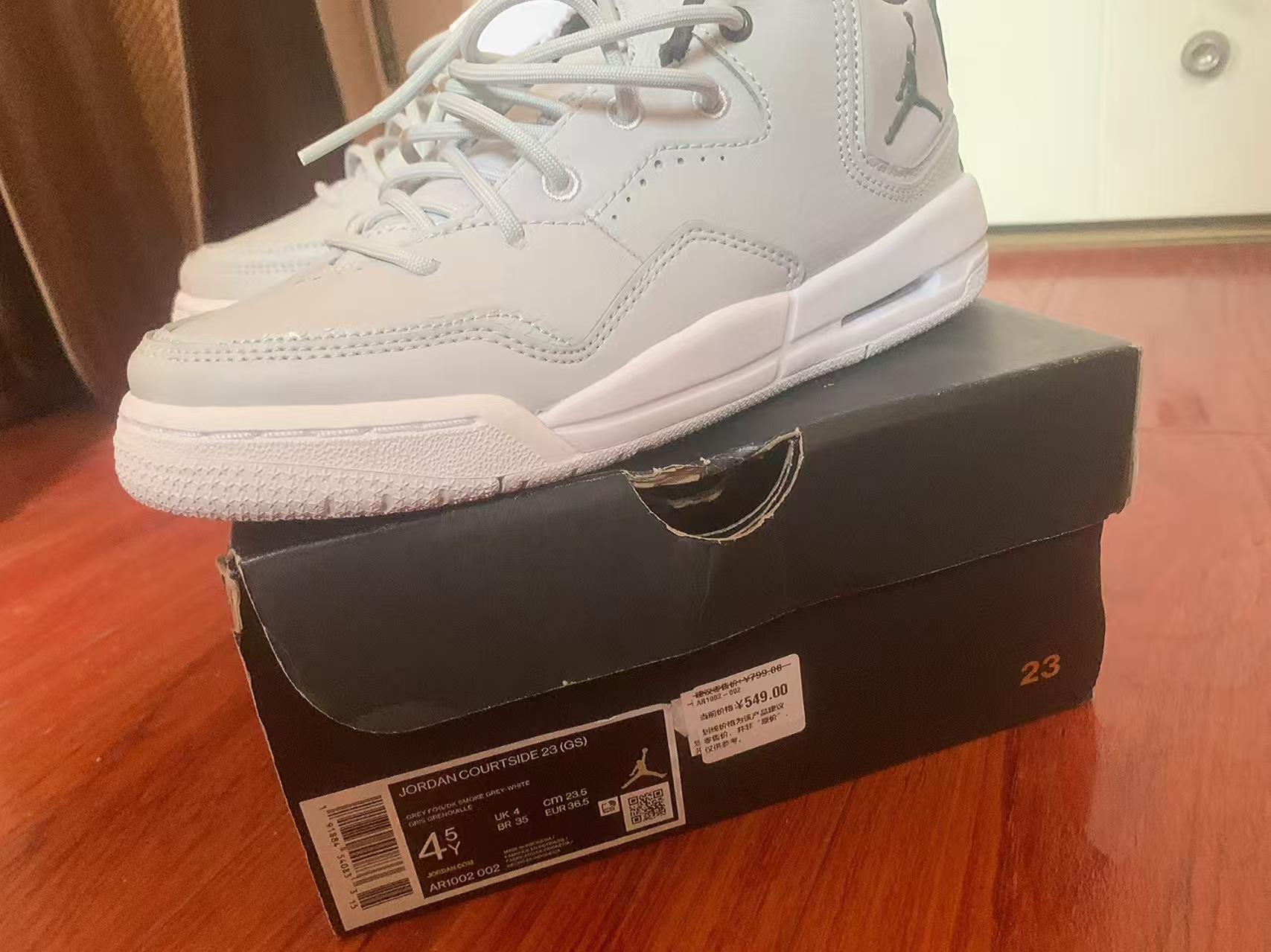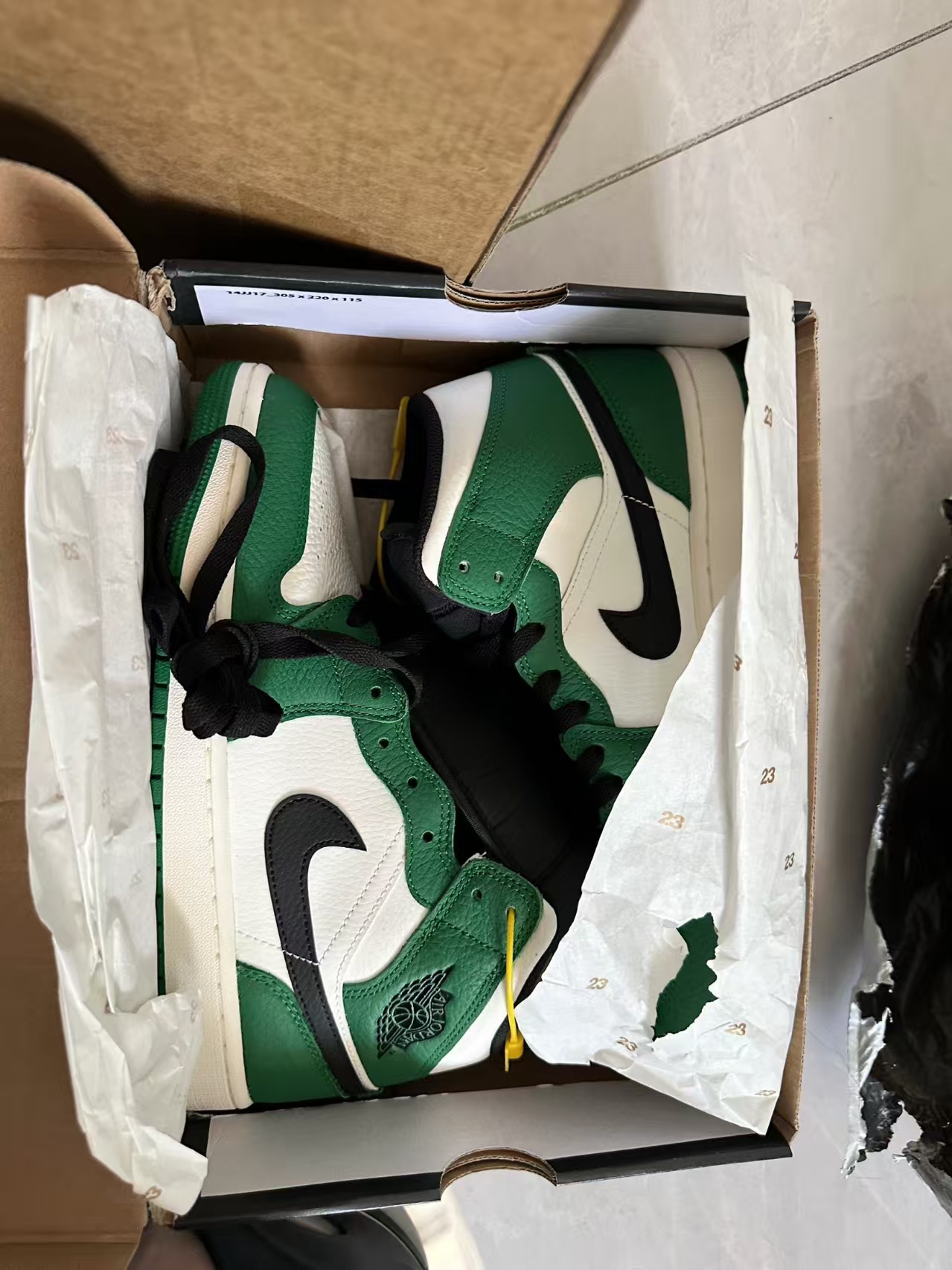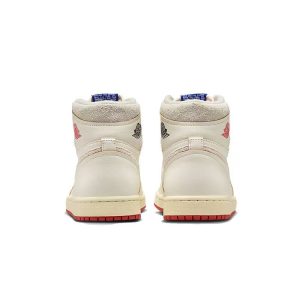What makes us different
Why Choose Us
We are a small workshop.
However, each pair of shoes is carefully crafted by retired shoemaking masters from well-known factories.
Unlike mass-produced shoes,We have 20 to 30 years of experience in making shoes。
90% of the process is done manually. Using 7 layers of handmade Goodyear welt technology, each pair of shoes undergoes 136 independent processes, which takes 42-60 hours to make. The leather is the same as the counter, and 18 quality inspection processes ensure that every detail is accurately restored。
Learn more
Store Categories
Hot Products
$69.00
This product has multiple variants. The options may be chosen on the product page
$99.00
This product has multiple variants. The options may be chosen on the product page
$89.00
This product has multiple variants. The options may be chosen on the product page
$89.00
This product has multiple variants. The options may be chosen on the product page
$79.00
This product has multiple variants. The options may be chosen on the product page
$69.00
This product has multiple variants. The options may be chosen on the product page
$67.00
This product has multiple variants. The options may be chosen on the product page Sale!
Original price was: $120.00.$75.00Current price is: $75.00.
This product has multiple variants. The options may be chosen on the product page
$79.00
This product has multiple variants. The options may be chosen on the product page
$89.00
This product has multiple variants. The options may be chosen on the product page
$89.00
This product has multiple variants. The options may be chosen on the product page
$89.00
This product has multiple variants. The options may be chosen on the product page
$89.00
This product has multiple variants. The options may be chosen on the product page
$89.00
This product has multiple variants. The options may be chosen on the product page
$89.00
This product has multiple variants. The options may be chosen on the product page
$90.00
This product has multiple variants. The options may be chosen on the product page
$89.00
This product has multiple variants. The options may be chosen on the product page
$79.00
This product has multiple variants. The options may be chosen on the product page Sale!
Original price was: $89.00.$60.00Current price is: $60.00.
This product has multiple variants. The options may be chosen on the product page
$90.00
This product has multiple variants. The options may be chosen on the product page
$89.00
This product has multiple variants. The options may be chosen on the product page
$89.00
This product has multiple variants. The options may be chosen on the product page
$89.00
This product has multiple variants. The options may be chosen on the product page
$89.00
This product has multiple variants. The options may be chosen on the product page Sale!
Original price was: $110.00.$90.00Current price is: $90.00.
This product has multiple variants. The options may be chosen on the product page
$92.00
This product has multiple variants. The options may be chosen on the product page
$99.00
This product has multiple variants. The options may be chosen on the product page
$75.00
This product has multiple variants. The options may be chosen on the product page
$59.00
This product has multiple variants. The options may be chosen on the product page
$89.00
This product has multiple variants. The options may be chosen on the product page 
Lorem ipsum dolor sit amet
Start your journey
Feedback from customers




































































































